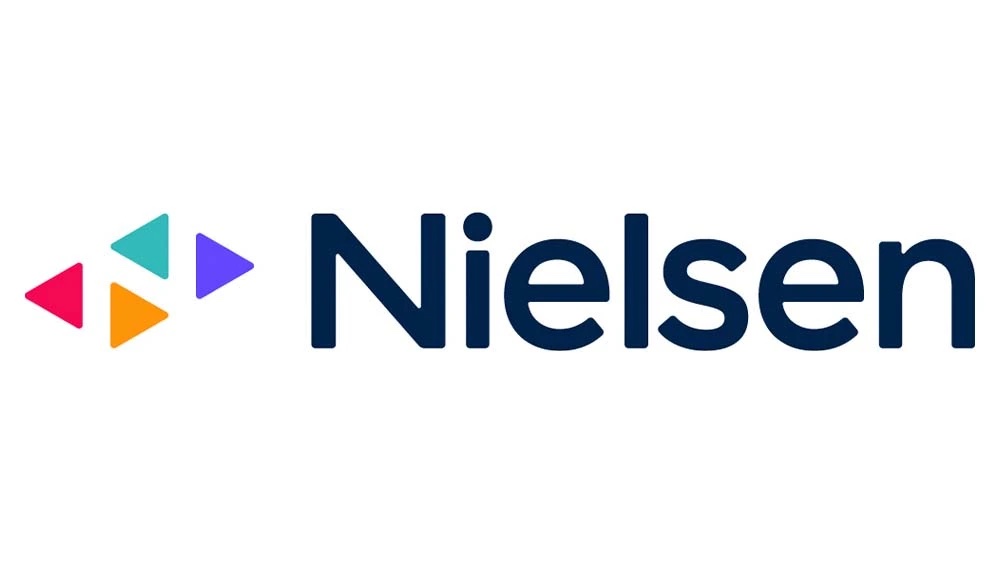Broadband Offers No Miracle for Journalism

At congressional hearings during April and May our nation's political leaders gathered with an urgent task: to revive journalism before further industry collapses wipe out newspapers.
Already, a host of major newspaper groups have either folded up some papers (Rocky Mountain News), threatened bankruptcy for others (Chicago Tribune, Boston Globe, Minneapolis Star-Tribune, San Francisco Chronicle), or redesigned them as Web-only versions (Seattle Post-Intelligencer, Christian Science Monitor).
These cutbacks are stripping cities and entire regions of any real news coverage at all. (Bias confession: as a former newspaper reporter, I can't be convinced of for-profit television's viability as a provider of substantive news.) The culprits generally named are a crippling recession and ad revenue declines of 30 percent or more.
But our nation's political leaders need not bother themselves with these surface symptoms; they are merely dissecting a corpse.
Because journalism is dead. And no political act can revive it, certainly not the solutions proposed at the hearings, such as Sen. Ben Cardin's (D-Md.) idea of restructuring newspapers as non-profits, or misguided broadband approaches, such as Web-only news services.
DEADER THAN A…
Journalism is dead in several senses that have everything to do with news audiences, not news providers, no matter how much critics would like to bash news media conglomerates for creating local news monopolies in the 1980s and '90s and then sacrificing quality for profitability.
First, it is financially dead, because no one will pay for it. Those advertising losses were piling up long before the recession and Craigslist hit. Ad dollars only follow eyeballs, especially younger ones, who have been turning away from newspapers, and news, for several generations.
Second, the financial losses have gutted journalism of its core group of experienced practitioners. Even in surviving papers, steep staff cuts have left atrophied news desks the task of cranking out the same number of stories each day with fewer reporters. The survivors, less experienced and less costly, can do no more than cover the standard flow of sensational, breaking news, such as crime, scandal and disaster, or react reflexively to strategic communication (press conferences and press releases) spun by powerful corporate and political interests.

Finally, journalism has morphed in the public imagination into a parody of its previous incarnation, like some lumbering dodo with vestigial wings. Infotainment, in the daily form of so many screaming heads, celebrity gossip or lost babies, now substitutes in the public mind for information.
In short, journalism is dead because of broadband and its highly engaging, advertiser-funded media content, which only capitalized on the previous shift of audiences to television. The paradigm of news consumption as a rational, print-based informative exercise has been eclipsed by the new media consumption paradigm: visual-based, immediate, interactive, personalized and highly entertaining.
Turn back the clock a few years, to post-9/11 and this wasn't the prognosis. Prior to that crisis, news audiences had turned away from "serious" news, including international coverage.
The shock of discovering America was influenced by the rest of the world brought journalism back to the forefront, and newspapers seized on emerging broadband platforms as the key to their future, declaring they would extend into the new media space in ways that would engage audiences as print couldn't.
NO REVIVAL, NOR RETURN TO REASON
They had no inkling of what they would be up against by now, in addictive, broadband-enabled content such as YouTube, MySpace, Twitter and Facebook (all of which can now be accessed in mobile broadband form).
Sen. John Kerry (D-Mass.), chair of the Senate Commerce Subcommittee on Communications, Technology and the Internet that is holding the hearings, warns of "serious consequences for our democracy where diversity of opinion and strong debate are paramount."
Has Sen. Kerry actually been online lately? Twitter and Facebook are generating plenty of diverse opinions and strong debate.
Of course, I'm being facetious; a discourse founded on uninformed, unreasoned opinion hardly deserves the designation. But those sites reflect the deeper dynamic imperiling our nation's public discourse, one wrought by Web 2.0 services, which no amount of public posturing will arrest.
Users of these sites are connecting daily to their world in ways newspapers never allowed. But where the newspaper created an imagined community that was unified and geographically based, online sites have fragmented communities into infinite slices, all presenting the illusion of information.
One oft-missed effect of the onslaught of new media content, quite evident on college campuses in students hyper-linked to their iPhones and laptops, is that the sheer volume of the new "information" requires both extensive time and powerful filters.
These consumers get plenty of "news" managed by their site filters, from the latest Facebook wall postings to instant Twitter tweets to scrolling headlines drawn from national news services. What they don't get is the substance of journalism, informing them of, say, corruption at the athletic department, the university's archaic organization and wasteful spending, or local community issues.
Ask them if they feel informed, and they will blithely answer "yes." Ask them to engage in strong debate, and the result, while sometimes surprisingly substantive, more often reveals an appalling lack of informed reason.
This is one problem broadband made worse, and really is of no use in solving.
Will Workman is a former editor of telco industry publications Cable World and MediaView. He is now working on his Ph.D. in mass communications. He can be reached care of TV Technology.
The professional video industry's #1 source for news, trends and product and tech information. Sign up below.
